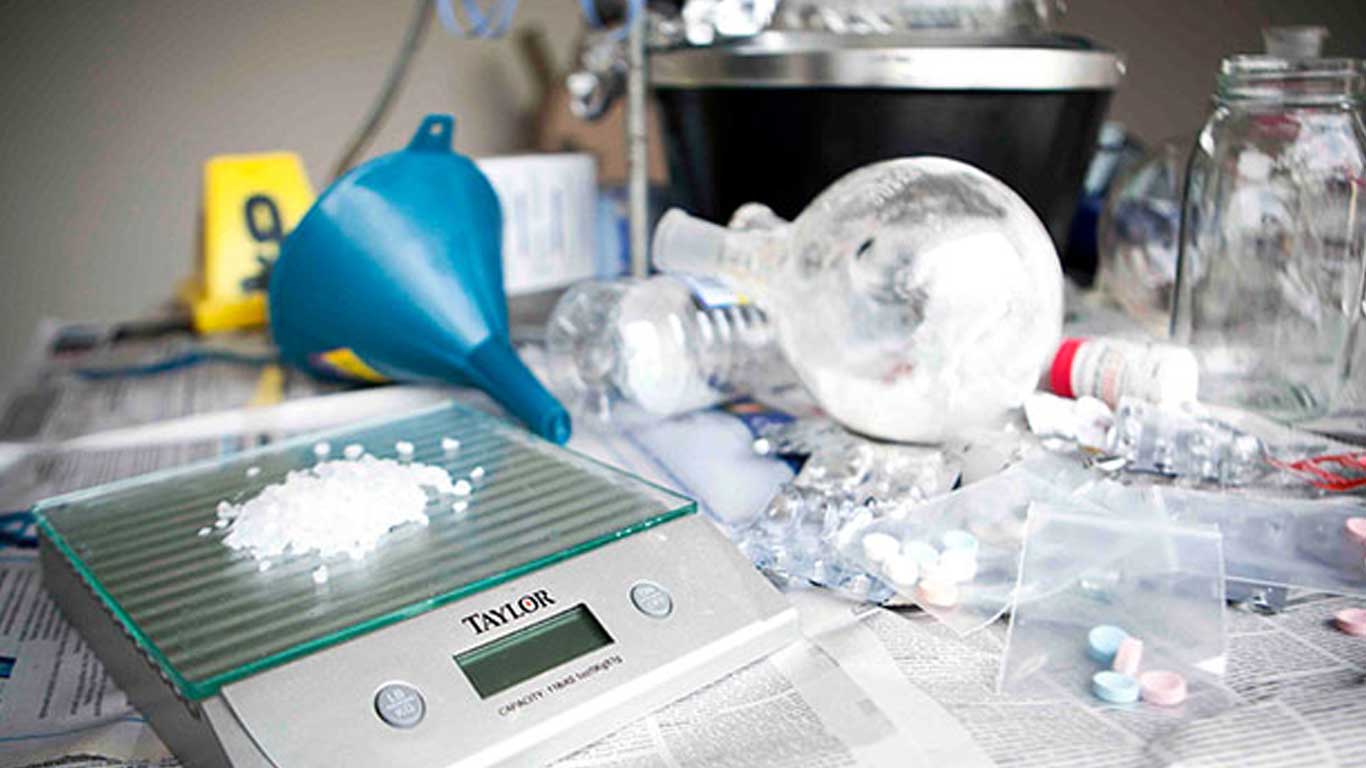
Possession of a Controlled Substance is the most common drug offence in Canada. Possession of an illegal substance is a criminal offence, to be convicted an individual must have knowledge and control of the substance. Possession offences are serious and can result in criminal records with jail time and/or fines.
The penalty for a Possession of a Controlled Substance offence is dependent on the type of substance is possessed, as well as the quantity of the substance and also the purpose of possessing the substance. A conviction for simple possession can carry a maximum of 6 months imprisonment or a fine penalty. If convicted of a ‘hard drug’ then the maximum is 7 years imprisonment.
Trafficking can be made out from selling drugs or giving it to someone. Trafficking includes giving, transferring, administering, selling, transporting, sending or delivering controlled substances. Evidence in trafficking cases can be complex, there is often experts, surveillance, search warrants and wiretaps. Due to these complexities, it is important to consult an experienced criminal defence lawyer to assist.
The Penalty for Trafficking a controlled substance is dependent on the quantity of the substance, the type of substance, the circumstances of the trafficking, and the criminal history of the person charged. A conviction carries a maximum sentence of Life Imprisonment and a minimum sentence of 3 years imprisonment.


Production is when someone creates an illegal controlled substance or someone is a party to the offence of creating the substance. Production can include manufacturing, synthesising or altering the properties of a substance, as well as, harvesting and cultivating a living thing for a substance to be extracted from.
The penalty for a production conviction is a maximum of life imprisonment and a minimum of 3 years imprisonment. Once again aggravating factors are considered, in addition to the type and quantity of the substance being produced.
Rebecca Moffatt
Nadalee Natasha
Kamer Bailey
All rights reserved